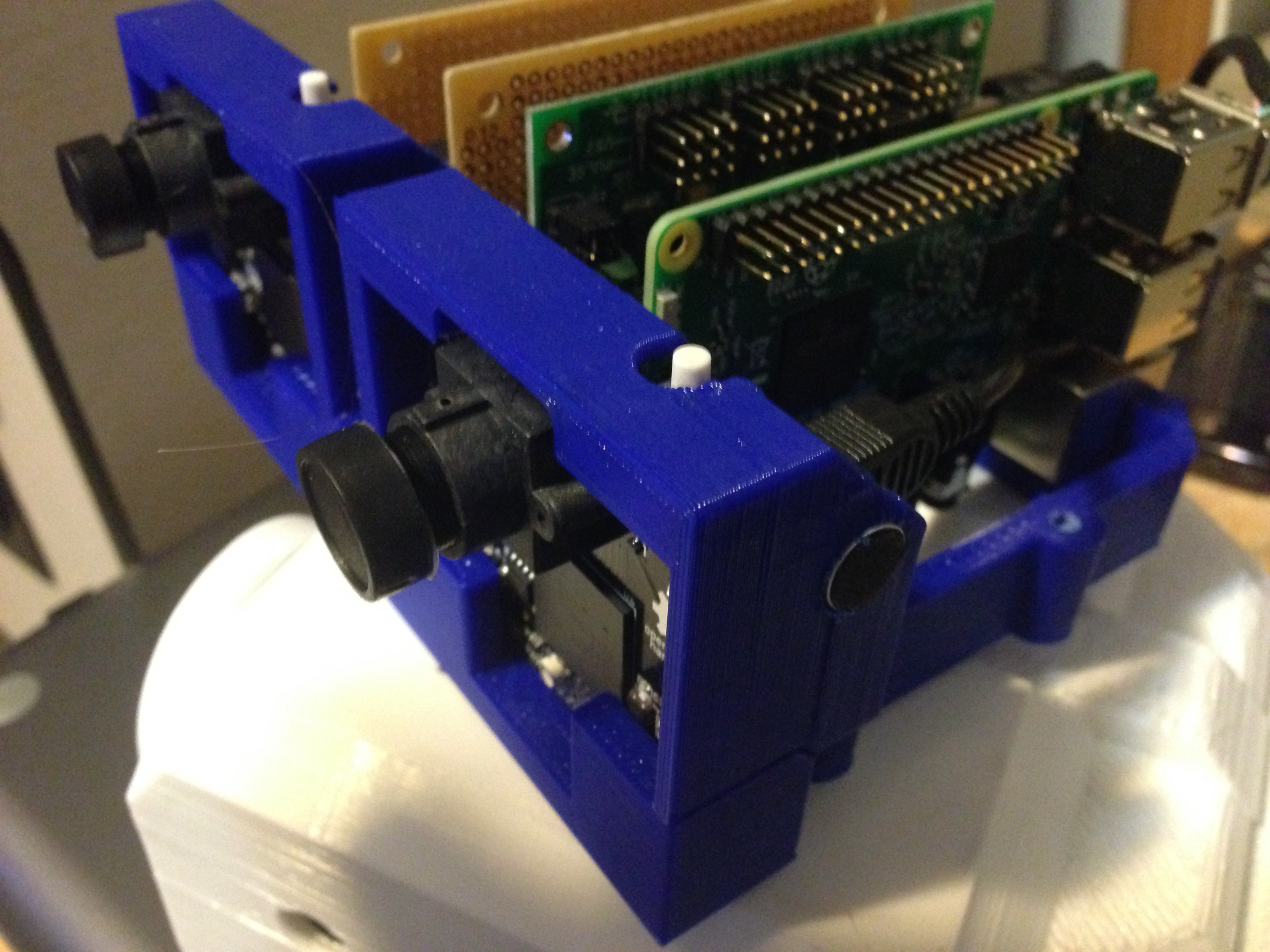
Today, the most common way for developers to address a dependency is through the use of semantic versioning. See also: Part 1, Part 2, Part 3, and research paper. This article is the first in a series of three. Using Artificial Intelligence to Write Self- Modifying/Improving Programs. Ready to join the x.ai team? Take a look at some open jobs. After doing some exploring, I have yet to find AI examples or. I've been learning Lisp to expand my horizons because I have heard that it is used in AI programming. Use the power of NLP and AI to make your own chatbot and automate any repetitive business process. Support page contains instructor's guide, lecture slides and. OpenAI will continue building on the safety groundwork we laid with GPT-3-reviewing applications and incrementally scaling them up while working closely with developers to understand the effect of our technologies in the world.This book is aimed at beginners taking a programming course and people learning C++ as self study. During the initial period, OpenAI Codex will be offered for free. We’re now making OpenAI Codex available in private beta via our API, and we are aiming to scale up as quickly as we can safely. But we know we’ve only scratched the surface of what can be done. We’ve successfully used it for transpilation, explaining code, and refactoring code. OpenAI Codex is a general-purpose programming model, meaning that it can be applied to essentially any programming task (though results may vary). The latter activity is probably the least fun part of programming (and the highest barrier to entry), and it’s where OpenAI Codex excels most. Once a programmer knows what to build, the act of writing code can be thought of as (1) breaking a problem down into simpler problems, and (2) mapping those simple problems to existing code (libraries, APIs, or functions) that already exist. OpenAI Codex empowers computers to better understand people’s intent, which can empower everyone to do more with computers.

OpenAI Codex has much of the natural language understanding of GPT-3, but it produces working code-meaning you can issue commands in English to any piece of software with an API. GPT-3’s main skill is generating natural language in response to a natural language prompt, meaning the only way it affects the world is through the mind of the reader. It has a memory of 14KB for Python code, compared to GPT-3 which has only 4KB-so it can take into account over 3x as much contextual information while performing any task. OpenAI Codex is most capable in Python, but it is also proficient in over a dozen languages including JavaScript, Go, Perl, PHP, Ruby, Swift and TypeScript, and even Shell. OpenAI Codex is a descendant of GPT-3 its training data contains both natural language and billions of lines of source code from publicly available sources, including code in public GitHub repositories.


 0 kommentar(er)
0 kommentar(er)
